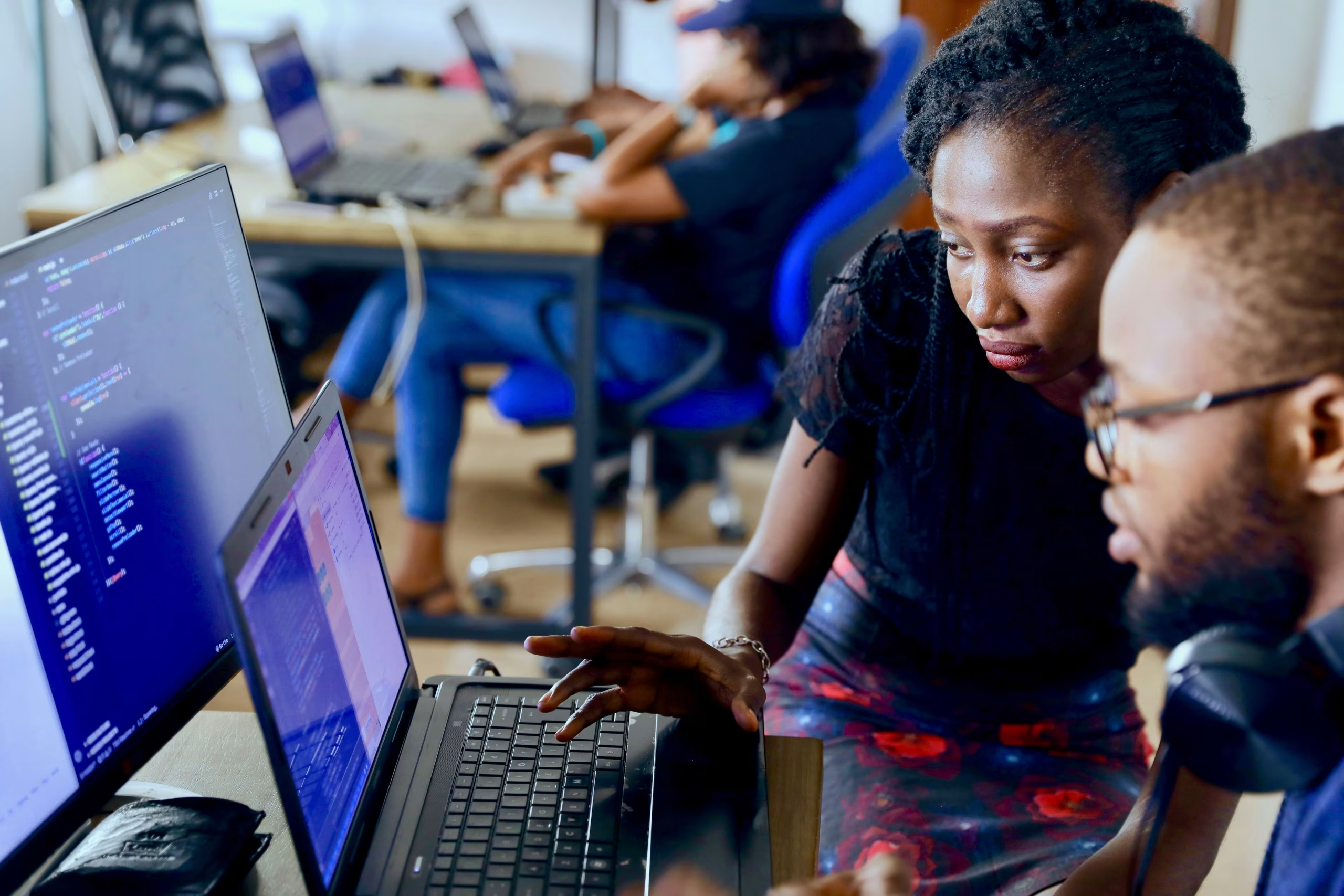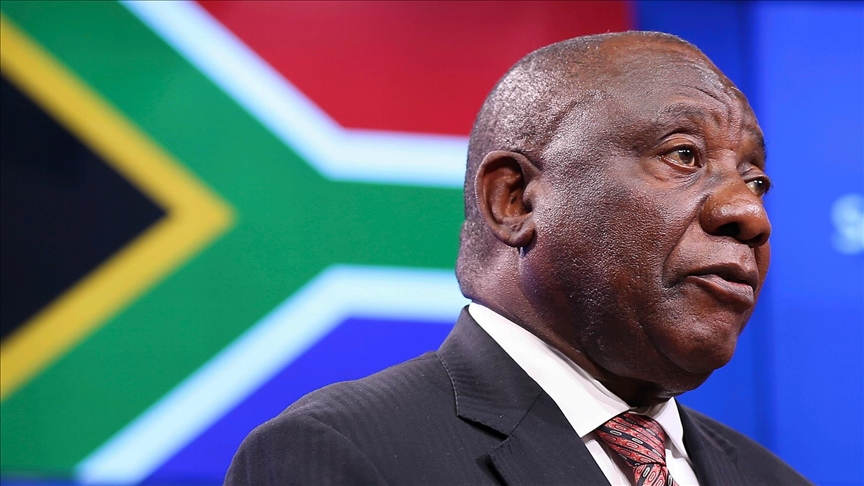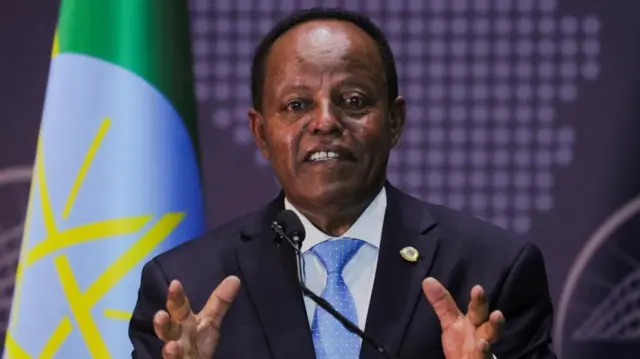How ethical artificial intelligence, robust cybersecurity, and inclusive payment systems are positioning Africa for a technological renaissance
In a continent where 600 million people still lack access to electricity and nearly half the population remains unbanked, Africa stands at a critical crossroads. The World Economic Forum’s latest discourse on responsible AI innovation presents a compelling narrative: technology, when deployed ethically and inclusively, could be the catalyst that transforms Africa’s economic landscape.
The Promise of Ethical AI
Africa’s unique position in the global technology ecosystem presents both challenges and unprecedented opportunities. Unlike developed nations burdened by legacy systems, African countries have the advantage of building AI infrastructure from the ground up—with ethics and inclusion baked into the foundation rather than retrofitted later.
“The question isn’t whether Africa will adopt AI, but whether we’ll do it responsibly,” explains Dr. Amara Okonkwo, a digital policy advisor who has worked extensively with West African governments. “We have the chance to leapfrog the mistakes other regions have made.”
The World Economic Forum emphasizes that responsible AI development in Africa must address several critical dimensions: algorithmic bias, data privacy, transparency, and accountability. For a continent with 54 countries and over 2,000 languages, ensuring AI systems don’t perpetuate existing inequalities or create new ones is paramount.
Bridging the Digital Divide
The statistics are sobering yet instructive. While global internet penetration hovers around 60%, Africa lags at approximately 33%. However, mobile phone adoption tells a different story—with penetration rates exceeding 80% in many African nations. This mobile-first reality is where inclusive growth begins.
Ethical AI applications are already demonstrating tangible impact across the continent. In Kenya, AI-powered agricultural platforms provide smallholder farmers with weather predictions, soil analysis, and market prices via simple SMS interfaces—no smartphone required. In Nigeria, machine learning algorithms help healthcare workers diagnose diseases in remote areas where doctors are scarce.
“Technology must meet people where they are,” says Fatima Mensah, founder of a Lagos-based fintech startup. “Inclusive AI isn’t about deploying the most sophisticated systems; it’s about creating solutions that work for the woman selling vegetables in a rural market as well as the banker in Nairobi.”
The Cybersecurity Imperative
As Africa accelerates its digital transformation, cybersecurity emerges as a non-negotiable pillar of sustainable growth. The continent lost an estimated $4 billion to cybercrime in 2024, a figure that threatens to undermine trust in digital systems precisely when adoption is gaining momentum.
The World Economic Forum highlights that responsible AI innovation must include robust cybersecurity frameworks that protect citizens, businesses, and critical infrastructure. This is particularly crucial as African nations expand digital identity systems, e-governance platforms, and financial services.
Rwanda offers an instructive example. The country has invested heavily in cybersecurity infrastructure, establishing a national Computer Incident Response Team (CIRT) and implementing comprehensive data protection laws. These measures haven’t stifled innovation; rather, they’ve created a secure environment where digital entrepreneurship can flourish.
“Cybersecurity isn’t a barrier to innovation—it’s an enabler,” argues Samuel Kimani, a cybersecurity consultant based in Kigali. “When people trust systems with their data and money, adoption accelerates. Trust is the currency of the digital economy.”
Inclusive Payments: The Foundation of Economic Participation
Perhaps nowhere is the potential for inclusive growth more visible than in Africa’s payments revolution. Mobile money platforms like M-Pesa have already demonstrated that financial inclusion can be achieved at scale when technology is designed with local contexts in mind.
The next frontier involves integrating AI into payment systems to expand access, reduce friction, and detect fraud. Machine learning algorithms can assess creditworthiness using alternative data—mobile phone usage, utility payments, social connections—opening financial services to millions who lack traditional credit histories.
The World Economic Forum emphasizes that inclusive payment systems must prioritize interoperability, affordability, and accessibility. This means ensuring platforms work across borders, keeping transaction costs low, and designing interfaces for users with varying levels of digital literacy.
Ghana’s recent implementation of an interoperable mobile money platform exemplifies this approach. By enabling seamless transactions across different providers, the system has increased competition, reduced costs, and expanded access—particularly for women and rural populations who face the greatest barriers to financial inclusion.
Navigating the Challenges
The path forward isn’t without obstacles. Africa faces significant infrastructure gaps, limited technical expertise, and policy frameworks that often lag behind technological advancement. Additionally, the continent must navigate the tension between attracting foreign investment and developing homegrown AI capabilities.
Brain drain remains a persistent challenge. Many of Africa’s brightest tech talents are lured abroad by higher salaries and better resources. Reversing this trend requires not just competitive compensation but also investment in research institutions, startup ecosystems, and innovation hubs that make staying home professionally rewarding.
Data sovereignty presents another complex issue. As AI systems require vast amounts of data to train effectively, questions arise about who controls African data and how it’s used. The World Economic Forum advocates for governance frameworks that protect citizens’ rights while enabling innovation and research.
The Road Ahead
Responsible AI for inclusive growth in Africa requires a multi-stakeholder approach. Governments must craft policies that encourage innovation while protecting citizens. The private sector must prioritize ethical design and inclusive business models. International organizations should provide technical assistance and facilitate knowledge transfer. And civil society must hold all stakeholders accountable.
Education emerges as a critical enabler. Building AI literacy among policymakers, business leaders, and citizens ensures informed decision-making and democratic participation in technology governance. Several African universities are now offering AI ethics courses and conducting research tailored to local contexts.
The World Economic Forum’s emphasis on responsible innovation isn’t merely aspirational—it’s pragmatic. History demonstrates that technologies deployed without adequate safeguards can exacerbate inequalities and create social friction. Africa has the opportunity to chart a different course.
A Vision for 2030
Looking ahead, the vision is compelling: an Africa where AI-powered healthcare reaches remote villages, where smallholder farmers access global markets through digital platforms, where young entrepreneurs build billion-dollar companies solving local problems, and where every citizen can participate in the digital economy regardless of location or background.
Achieving this vision requires commitment to the principles of responsible innovation: ethical AI development, robust cybersecurity, inclusive payment systems, and governance frameworks that balance innovation with protection. It demands investment in infrastructure, education, and local capacity building.
Most importantly, it requires recognizing that technology is a tool, not a solution. The goal isn’t AI for AI’s sake, but AI for people—designed with African realities in mind, deployed to solve African challenges, and governed by frameworks that ensure benefits are widely shared.
As the global AI revolution unfolds, Africa stands ready to be not merely a consumer of technology, but a co-creator of our digital future. The question is whether the international community will support this ambition with resources, partnerships, and genuine commitment to shared prosperity.
The stakes couldn’t be higher. With Africa’s population projected to reach 2.5 billion by 2050—including the world’s youngest demographic—how the continent navigates its AI journey will shape not just African futures, but global ones as well.
The time for responsible AI in Africa isn’t tomorrow. It’s now.
This article draws on insights from the World Economic Forum’s discourse on responsible AI innovation in Africa and interviews with technology leaders, policymakers, and entrepreneurs across the continent.




